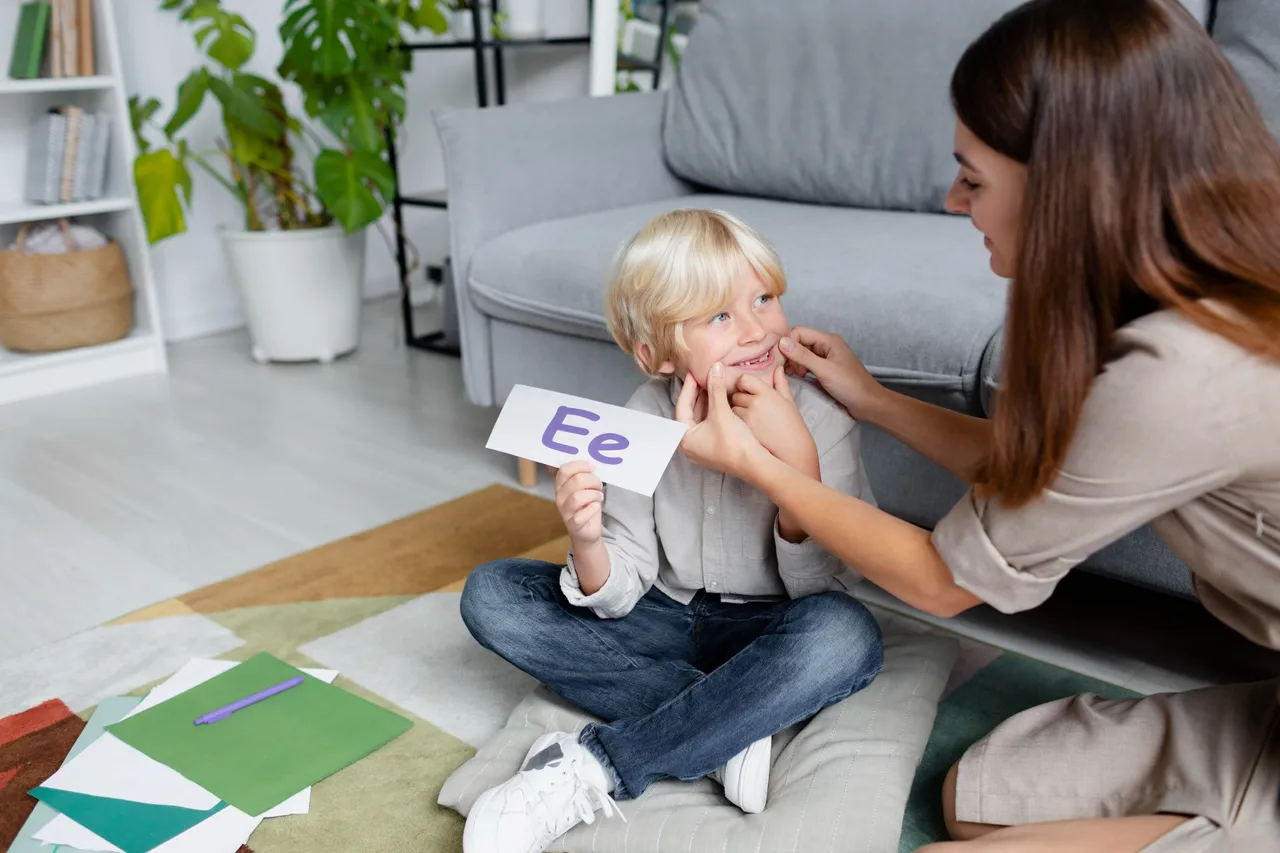Between 5% and 12% of children aged 2 to 5 years are diagnosed with a speech or language delay
That is around 1 in 10 children facing challenges in communication development.

Speech delays can stem from various factors, such as hearing issues, developmental conditions, or environmental influences, but they are often mistakenly linked solely to Autism Spectrum Disorder (ASD).
When we noticed our child, Odyne, was somehow lacking in speech we immediately looked for a developmental pedia to know what was going on. Firsthand we knew that there was something wrong and lo and behold her case fell under Global Developmental Delay (GDD). She was too young to be assessed for ASD, as some developmental milestones hadn’t been met.

One common misconception is the belief that children will simply “outgrow” speech delays.
Yesterday in a vlog, I recall seeing an influencer share how her pediatrician advised her not to worry about her child’s delayed speech.
However, the videos of her two-year-old, who was only humming and mumbling, indicated a clear need for evaluation.
Many online parents told her to consult a developmental pediatrician, but she dismissed the idea, opting to “wait and see.”
That approach is risky. The early years of a kid's life are important for brain development.
During this time, the brain can adapt and absorb new information quickly. Speech delays left unaddressed can impact social skills, emotional well-being, and learning abilities. Early intervention provides the tools and support needed to foster development during this crucial time.
For our family, the journey to help Odyne wasn’t easy. In our country, finding speech therapists and developmental pediatricians was a challenge due to limited resources. We attended online classes hosted by Our Learning Corner and in that session, we felt validated that we did the right thing to start everything early when we noticed that there was something wrong.
Early intervention does more than improve speech—it enhances a child’s overall confidence and ability to express themselves.

Children who feel heard and understood are less likely to experience frustration or behavioral challenges. We’ve seen these benefits firsthand with Odyne, whose speech has steadily improved, giving us hope that she’ll be ready to join regular school by age five or six.
If you see signs that are not that normal for a kid, do not delay and consult a developmental pedia soon. Though it is costly, the relief of knowing your child's situation is better so that you can start with the game plan to make it better.